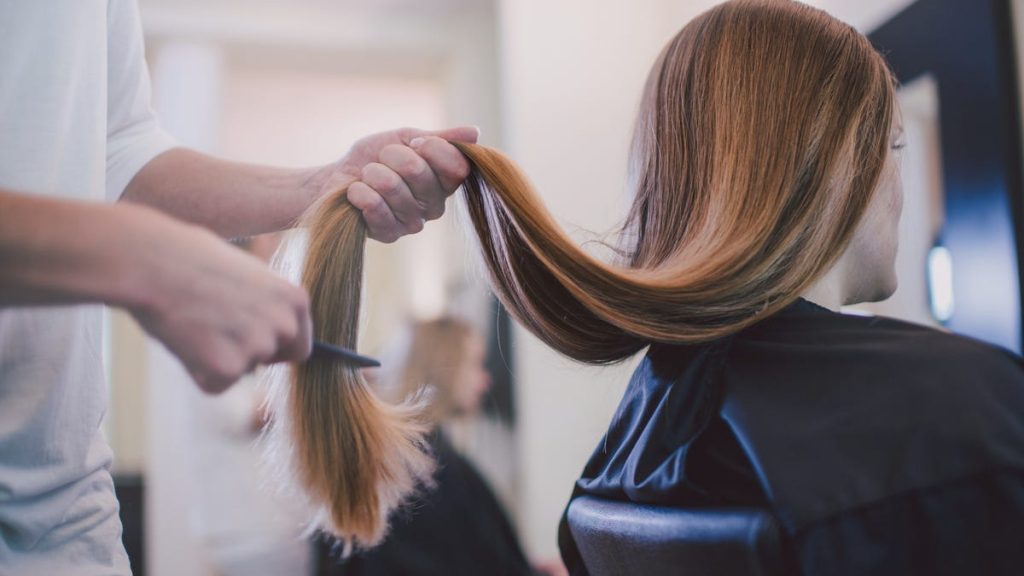Hair Growth Vitamins: A Comprehensive Guide
Hair loss and thinning can be distressing, but nutritional deficiencies often play a significant role. While a balanced diet is the foundation of healthy hair, supplements can bridge nutritional gaps and support optimal hair growth. This comprehensive guide explores the essential vitamins and minerals for hair growth, factors to consider when choosing a supplement, and a review of some top-rated products.
Essential Vitamins and Minerals for Hair Growth
Several vitamins and minerals are crucial for maintaining healthy hair and promoting growth. Vitamin A supports cell growth and sebum production, which keeps the scalp moisturized. Biotin (Vitamin B7) is vital for keratin production, the primary protein in hair. Vitamin C is an antioxidant that protects hair follicles from damage and aids collagen synthesis, essential for hair structure. Vitamin D plays a role in hair follicle cycling. Vitamin E, another antioxidant, improves scalp circulation and reduces oxidative stress. Zinc contributes to hair tissue growth and repair, while omega-3 fatty acids reduce inflammation and promote scalp health.
Choosing the Right Hair Growth Vitamin
Selecting the appropriate hair growth vitamin requires careful consideration of several factors. First, assess your individual nutritional needs. If you suspect deficiencies in specific vitamins or minerals, choose a supplement that addresses those gaps. Consider any dietary restrictions, such as vegan, gluten-free, or dairy-free, and select a product accordingly. Look for third-party certifications to ensure product quality and safety. Certifications from organizations like NSF International, USP, or ConsumerLab.com indicate that the supplement has undergone rigorous testing and meets specific quality standards. Dosage is another critical factor. While some vitamins require multiple capsules daily, others may only need one. Choose a dosage and format (capsules, tablets, or gummies) that aligns with your lifestyle and preferences. Finally, before starting any new supplement, consult your doctor, especially if you have pre-existing medical conditions or are taking medications, to avoid potential interactions.
Review of Top Hair Growth Vitamins
Several reputable hair growth vitamin brands are available on the market. Nature Made Biotin offers a high dose of biotin in an easy-to-swallow softgel format, free of gluten and artificial colors. Olly Undeniable Beauty gummies provide a blend of vitamin C, vitamin E, biotin, and keratin in a delicious grapefruit flavor. Hum Red Carpet is a vegan option containing vitamin E and black currant oil, rich in antioxidants and omega fatty acids. Nature’s Bounty Hair, Skin & Nails multivitamin offers a comprehensive blend of vitamins, minerals, and other nutrients, including argan oil, collagen, and hyaluronic acid. Nutrafol provides targeted formulations for men, women, postpartum women, and women’s balance, incorporating vitamins, minerals, and proprietary blends of botanical extracts.
Prenatal Vitamins and Hair Growth
While prenatal vitamins are formulated to support the nutritional needs of pregnant and breastfeeding women, they often contain several nutrients beneficial for hair growth, including vitamins B12, C, D, and E, iron, zinc, and folic acid. However, it’s crucial to remember that prenatal vitamins should not be taken solely for hair growth purposes. If you are considering taking prenatal vitamins, consult your doctor to determine if they are appropriate for your individual needs. Nutrafol offers a specialized postpartum formula designed for women in the first year after birth or breastfeeding.
Vitamins for Men’s Hair Growth
While men’s hair requires similar nutrients as women’s, the causes of hair loss can differ. Male pattern baldness is often linked to genetics and hormonal factors. Research suggests a connection between Vitamin D deficiency and male pattern baldness. Supplements targeting male hair loss often include ingredients like soluble keratin, kelp, horsetail, root extracts, and antioxidants. However, further research is needed to fully understand the impact of these ingredients on hair growth.
Important Considerations
Always adhere to the recommended daily intake for vitamins and minerals. Exceeding the recommended dosage can lead to adverse effects. If you experience any unusual symptoms after starting a hair growth supplement, discontinue use and consult your healthcare provider. Remember that hair growth supplements are not a quick fix. Consistent use over several months is typically required to see noticeable results. Maintaining a healthy lifestyle, including a balanced diet, regular exercise, and stress management, is essential for supporting overall hair health. Finally, consult your doctor if you are concerned about hair loss. They can assess your individual situation, identify any underlying medical conditions, and recommend the best course of action.

